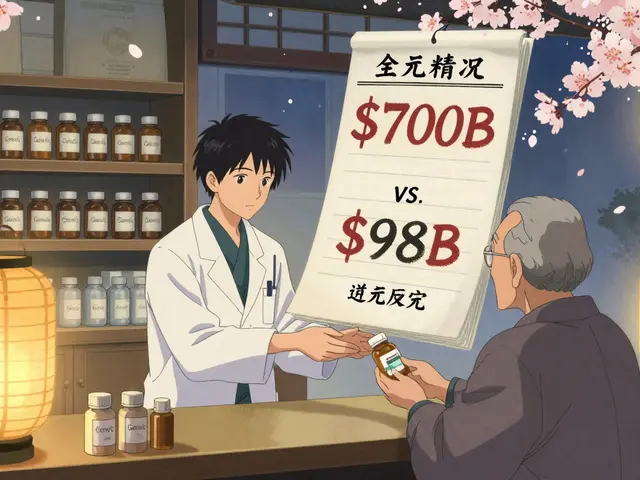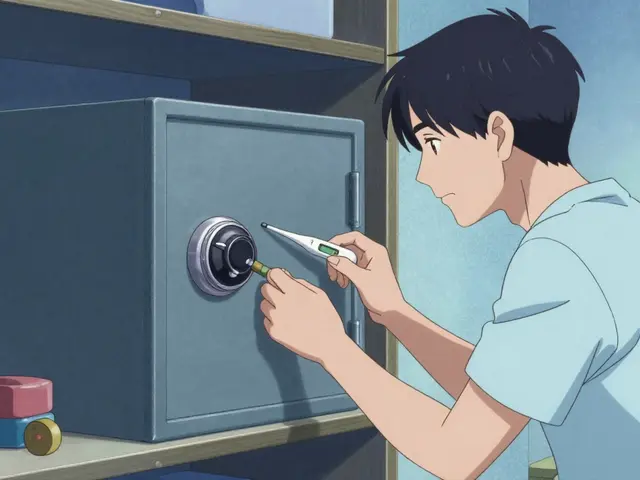Celiac Disease: What It Is, How It Affects You, and What You Can Do
When you have celiac disease, an autoimmune disorder where the body attacks its own small intestine in response to gluten. Also known as gluten-sensitive enteropathy, it’s not just a food allergy—it’s a lifelong condition that damages the lining of your gut every time you eat wheat, barley, or rye. Unlike a simple intolerance, celiac disease triggers your immune system to destroy the tiny, finger-like projections in your small intestine called villi, structures that absorb nutrients from food. When these villi get flattened, your body can’t pull in vitamins, minerals, or calories properly. That’s why people with celiac disease often feel tired, lose weight, or develop anemia—even if they’re eating enough.
Many people with celiac disease don’t even know they have it. Symptoms can be silent, or show up as joint pain, skin rashes, headaches, or even depression. Others have obvious digestive trouble: bloating, diarrhea, or nausea after eating bread or pasta. But the damage is still happening inside, even if you feel fine. That’s why diagnosis matters. A blood test can spot the antibodies your body makes in response to gluten, and a biopsy of your small intestine confirms the villi damage. Once you know, the only treatment is strict, lifelong gluten-free diet, the complete removal of gluten from all food and drink. No exceptions. No "a little won’t hurt." Even crumbs from a toaster or shared utensils can trigger a reaction.
There’s no cure, but sticking to a gluten-free diet lets your gut heal over time. Most people start feeling better in weeks. But you’ll need to stay alert—gluten hides in sauces, soups, medications, and even lip balm. Some people still struggle with symptoms even after going gluten-free, which might mean cross-contamination or another condition like small intestinal bacterial overgrowth. That’s where things like medication side effects or drug interactions can get tricky. Some prescriptions or supplements contain gluten as a filler. That’s why checking labels and talking to your pharmacist matters. You might also need supplements like iron, calcium, or vitamin D to fix nutrient gaps caused by years of poor absorption.
The posts here cover real-world issues you’ll face: how to spot hidden gluten, how to avoid dangerous drug interactions, how to manage nutrient deficiencies, and how to navigate healthcare systems that don’t always understand celiac disease. You’ll find guides on verifying medication safety, understanding how drugs degrade over time, and what to ask during a brown bag medication review. This isn’t just about food—it’s about your whole health. And if you’ve been told you’re "just being picky," these articles will help you speak up with facts.
Celiac Disease: How Gluten Triggers Autoimmune Damage and What You Need to Eat
Celiac disease is an autoimmune disorder triggered by gluten, causing intestinal damage. The only treatment is a strict gluten-free diet. Learn how it works, how to manage it, and what new therapies are on the horizon.






